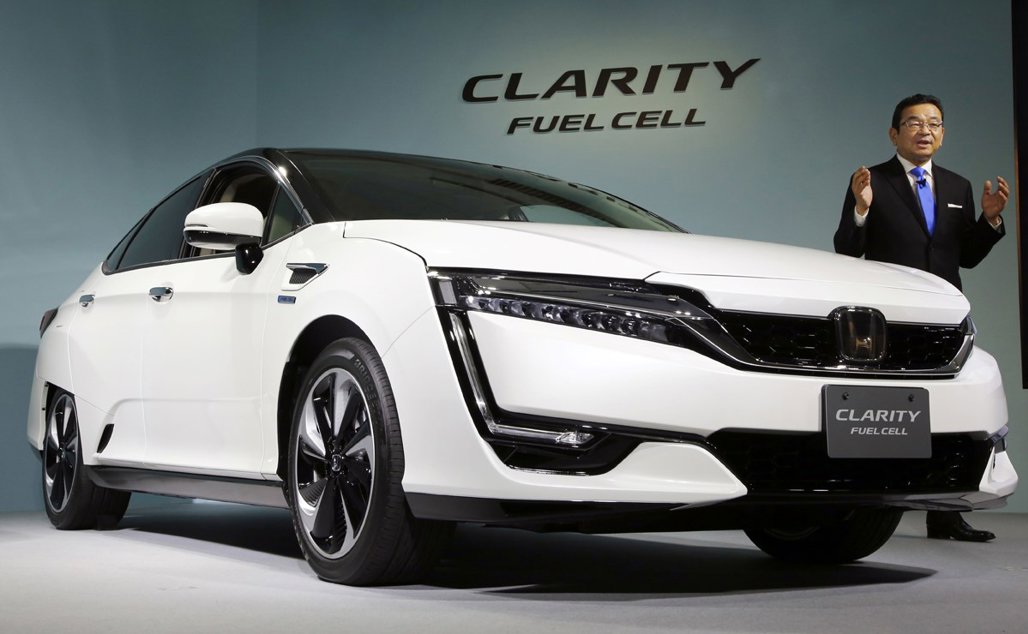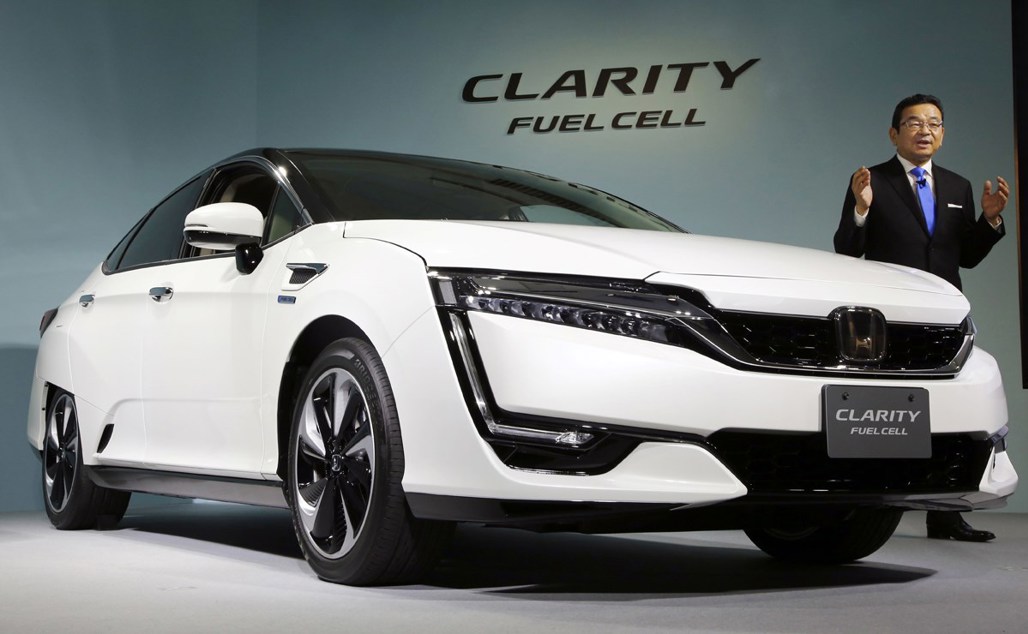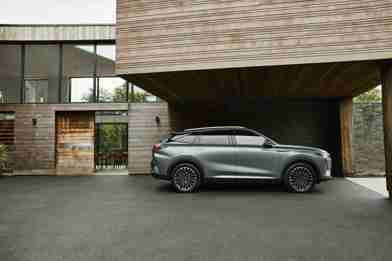Japan is backing a push for pollution-free vehicles that run on hydrogen and planning to build more hydrogen fueling stations so that fuel-cell vehicles on roads will grow to 40,000 by 2020, from the current handful.
The collaboration on fuel cells, announced Friday, brings together 11 companies, including automakers Toyota Motor Corp., Nissan Motor Co. and Honda Motor Co. energy and gas companies and a bank
Fuel cell vehicles are zero-emission, running on power produced when hydrogen combines with oxygen in the air to create water.
Now, only a handful of such vehicles are on the roads, partly because of the scarcity of hydrogen stations.
Tokyo-based Honda, for instance has delivered only 245 of its latest Clarity fuel-cell vehicles in Japan and the U.S. Toyota has delivered about 3,000 of its Mirai fuel cell cars.
The need for vehicles equipped with such futuristic technology is expected to grow because of concerns about pollution and global warming.
Other ecological vehicles are also available such as electric cars and hybrids, which switch back and forth between a gas engine and an electric motor.
But the Japanese government has been especially bullish about hydrogen-powered autos. It aims to raise the number of hydrogen fueling stations to 160 by 2020, from about 90 today, including mobile ones.
Automakers and energy companies have been working together on fuel cells, viewing such collaboration on investing in the technology, including the infrastructure of hydrogen stations, and agreeing on standards as crucial for its success.
-AP




